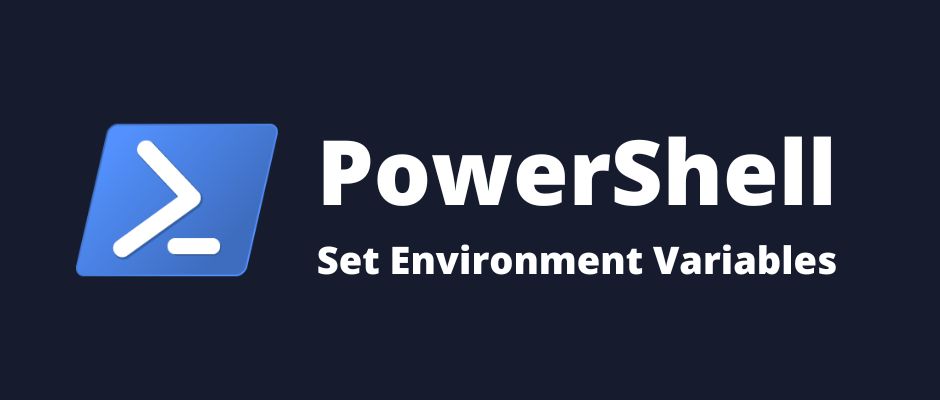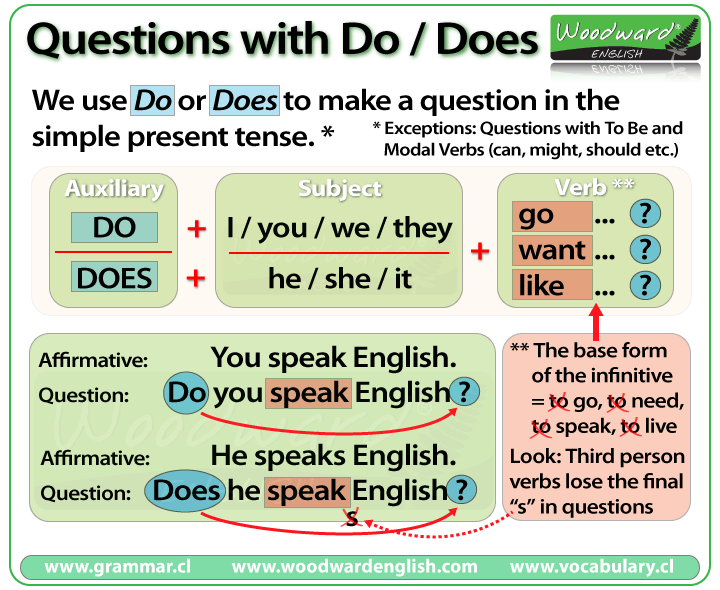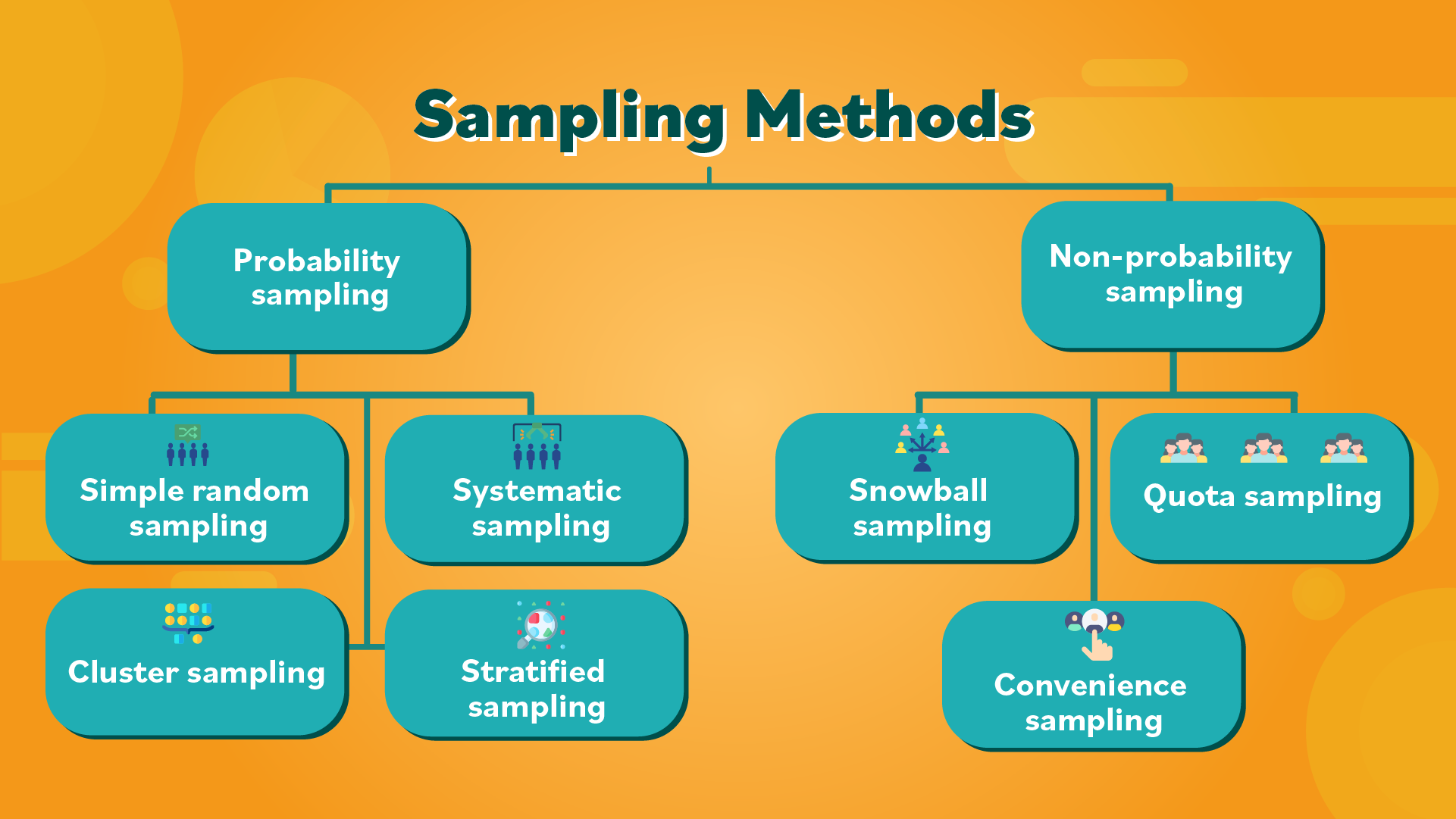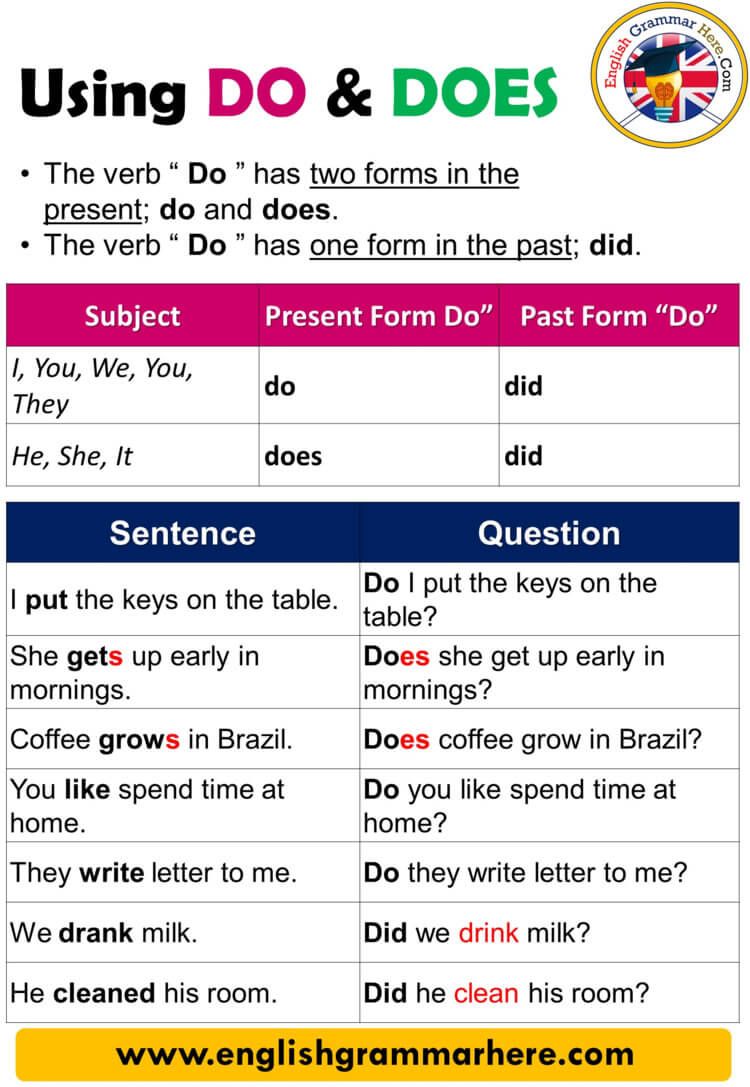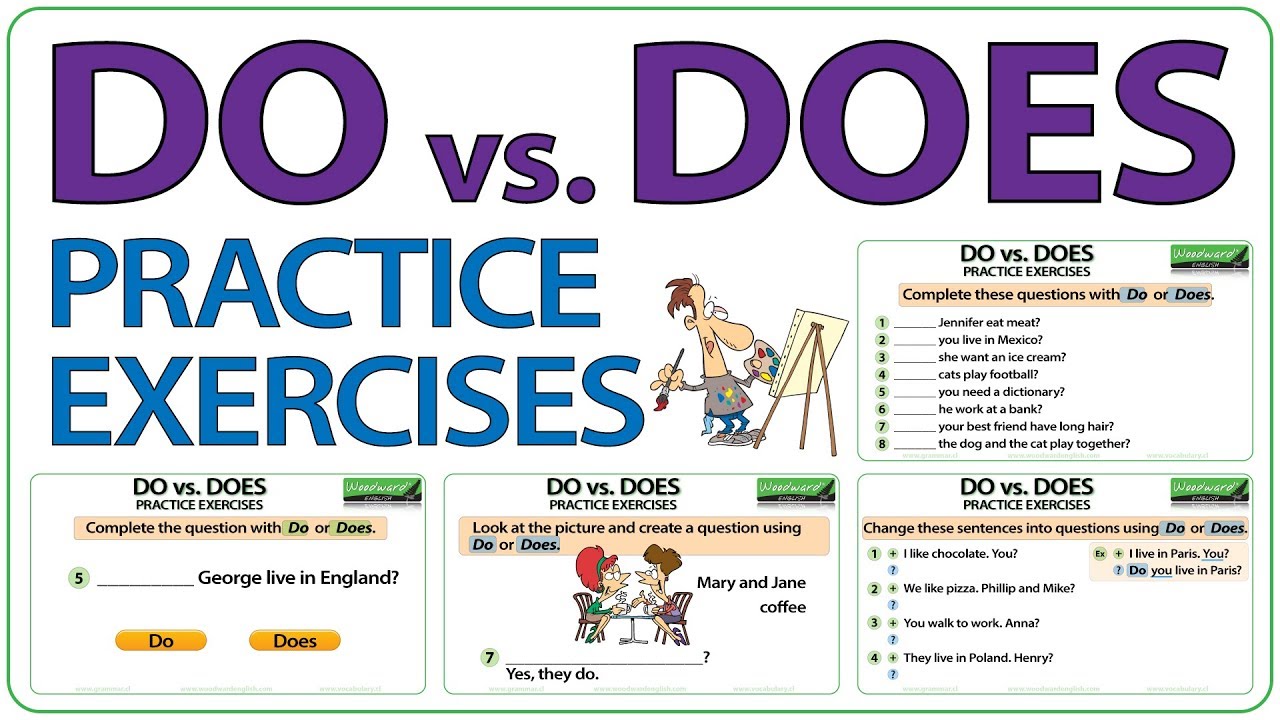Essential Factors to Consider When Deciding to Rent or Buy Your Next Home
Introduction: Navigating the Rent vs. Buy Decision
The choice between renting and buying a home is one of the most significant financial decisions you will make. Each option carries unique advantages, responsibilities, and long-term implications. Whether you are a first-time home seeker or re-evaluating your living situation, understanding the key details is crucial for making an informed decision. This guide provides a comprehensive breakdown of the most critical factors, actionable steps for both paths, and practical examples to help you confidently choose the best route for your needs.
Financial Considerations
One of the primary factors in deciding to rent or buy is the overall cost. Renting typically requires a smaller upfront investment, usually a security deposit and the first month’s rent. Buying a home, on the other hand, demands a substantial down payment-often 10-20% of the purchase price-and closing costs, which can total thousands of dollars. According to Zillow , in 2024, the average monthly mortgage payment was $1,760 for a $361,000 home, compared to a typical rent of $2,050, though these costs vary greatly by location and market trends. It’s essential to use tools like the Rent vs. Buy calculator to estimate costs in your area and determine which option aligns with your budget and financial goals [1] .
Step-by-step guidance:
- Assess your current savings and income stability.
- Estimate upfront costs for renting (security deposit, moving expenses) versus buying (down payment, closing costs).
- Research average rent and mortgage rates in your preferred area. Use calculators provided by reputable sources like Zillow.
- Consider long-term affordability, including insurance, taxes, and maintenance.
- Consult with a financial advisor for personalized projections.
Real-world example: Sarah, a marketing professional, calculated that buying a condo in her city would require $45,000 upfront, while renting a similar unit would only need $3,000. However, after comparing monthly payments and factoring in possible appreciation, she chose to rent until her savings grew sufficiently for a down payment.
Flexibility vs. Stability
Renting offers unparalleled flexibility. Lease terms are usually short-12 months or less-so you can move easily if your job changes or your lifestyle evolves. This flexibility is ideal for people who anticipate relocation or want to avoid long-term commitments [2] . Buying a home is best suited for those seeking stability and planning to remain in one place for several years. Homeownership provides a sense of permanence and community roots.
Implementation steps:
- Evaluate your career trajectory and likelihood of moving within the next 3-5 years.
- If stability is a priority, explore neighborhoods with strong community ties and local amenities.
- If flexibility is key, focus on rental properties with short-term leases or month-to-month options.
Alternative approaches: Some individuals choose to rent in a new city before committing to a home purchase, allowing time to assess the area and their long-term preferences.
Building Equity vs. Short-Term Savings
Buying a home is an investment that builds equity over time. Equity refers to the portion of the property that you truly own, which increases as you pay down your mortgage and as the property value appreciates. This can provide significant financial benefits in the long run, along with potential tax deductions for mortgage interest and property taxes [3] . Renting does not build equity; monthly payments are expenses that do not contribute to ownership or wealth creation.
Practical steps:
- Calculate potential equity growth using mortgage amortization schedules and local appreciation rates.
- Discuss with a real estate agent or financial planner about expected market trends in your target area.
- Review available tax benefits for homeowners, such as deductions for interest and property taxes.
Challenges: Market volatility can affect property values, and selling a home often incurs costs and time delays. Consider whether you’re prepared for these risks before buying.
Maintenance and Responsibility
Renters enjoy the advantage of reduced responsibility; landlords typically handle repairs and ongoing maintenance, saving time and money [4] . Homeowners, in contrast, are responsible for all repairs, maintenance, landscaping, and upgrades-which can be costly and time-consuming. Unexpected repairs, like replacing a roof or HVAC system, may arise.
Actionable guidance:
- If you prefer minimal upkeep, prioritize rental properties with responsive property managers and clear maintenance policies.
- As a prospective homeowner, budget for annual maintenance (typically 1-3% of the home’s value) and set aside an emergency fund for major repairs.
- Research local service providers for home inspections and maintenance contracts.
Example: After purchasing a suburban home, Tom realized the annual maintenance costs exceeded his initial estimates, prompting him to create a dedicated repair fund. Renters can usually call the landlord for repairs, reducing out-of-pocket expenses.
Long-Term Investment and Market Trends
Homeownership is often viewed as a path to long-term investment and financial security. As property values rise, homeowners can benefit from appreciation. However, markets can fluctuate, and there is always a risk that home values may decline. Renting avoids the risks associated with market downturns and allows your invested money to be used elsewhere, potentially in more profitable investments [5] .
Steps to evaluate:
- Research current and projected market trends in your area using official real estate market reports.
- Consult with local real estate agents for insights into the best timing for buying or renting.
- Consider diversifying investments if market volatility is a concern.
Alternative pathways: Some choose to buy investment properties to rent out while continuing to rent their own residence, balancing flexibility with wealth creation.
Legal, Regulatory, and Tax Implications
Homeownership involves additional legal and regulatory responsibilities, including property taxes, homeowners insurance, and compliance with local regulations. Renting is generally simpler, with fewer legal complexities, though renters must abide by lease agreements and may face annual rent increases.
Guidance:
- For homebuyers, consult with a real estate attorney to review contracts and ensure compliance.
- For renters, carefully read lease terms and clarify responsibilities with your landlord before signing.
- Stay informed about changes in local property taxes, rent control laws, and homeowner regulations through official city or county websites.
Accessing Services and Opportunities
To get started on renting or buying:

Source: shetalksfinance.com
- Search reputable listing sites such as Zillow and Realtor.com for available properties. Both sites offer verified listings and tools to compare rent vs. buy costs.
- Contact local real estate agents for personalized guidance and market expertise.
- For financial planning, schedule consultations with certified financial advisors or mortgage specialists.
- If you’re considering government programs, search for down payment assistance or first-time homebuyer programs through your state’s official housing agency website. Avoid using any domain unless you verify it is real and accessible.
Step-by-step process for buying:
- Review credit score and improve as needed.
- Get pre-approved for a mortgage through your bank or an established lender.
- Work with a licensed real estate agent to tour homes and submit offers.
- Schedule a home inspection and negotiate repairs if required.
- Close the deal with legal and financial professionals present.
Step-by-step process for renting:
- Identify preferred neighborhoods and set your budget.
- Use listing sites to find available rentals.
- Visit properties and review lease terms carefully.
- Submit rental applications with proof of income and references.
- Sign the lease and coordinate your move-in date.
Potential Challenges and Solutions
Both renting and buying have pitfalls. Renters may face rising rents and limited control over their living space. Homeowners may struggle with unexpected expenses or market downturns. Solutions include negotiating lease terms, building emergency funds, and consulting experts before making commitments. Always compare multiple options and seek professional advice to mitigate risks.
Key Takeaways
Making the decision to rent or buy involves careful analysis of financial readiness, lifestyle priorities, market conditions, and long-term goals. By considering the details outlined above-and seeking expert guidance-you can choose the path that best fits your needs and maximizes your future potential.

Source: theelainegroup.com
References
- Zillow (2025). The Pros and Cons of Renting vs. Buying a House.
- Empeople Insights (2025). Buying vs Renting a Home: The Pros & Cons Explained.
- MoneyGeek (2025). Pros and Cons of Renting vs. Buying a House.
- Chase (2021). Rent vs. Buy: Which is Right for You?
- The Truth About Mortgage (2025). Renting vs. Buying a Home: 55 Pros and Cons.
MORE FROM couponito.com

